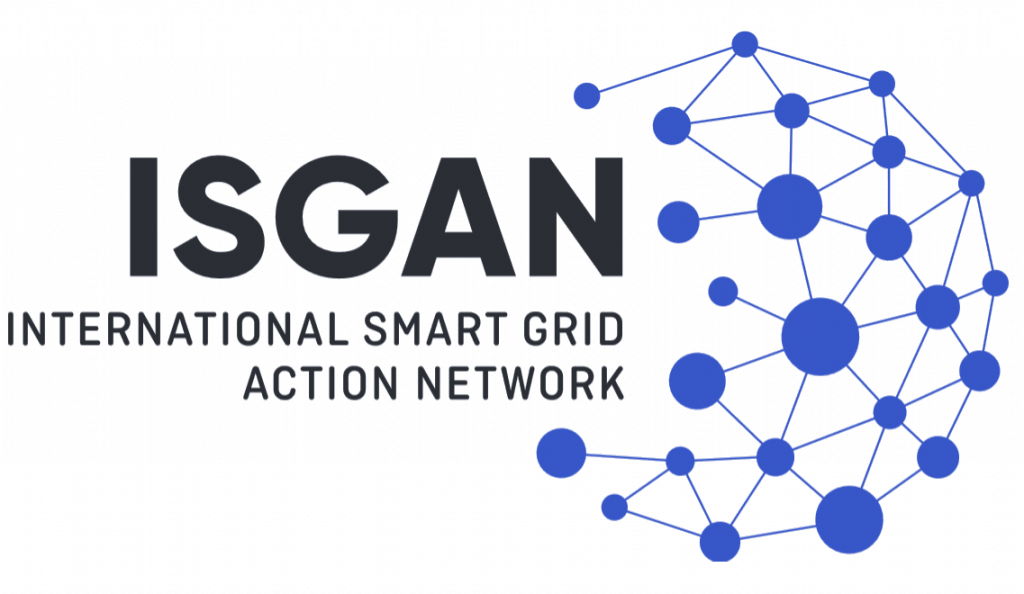Survey on Flexibility Market Implementation and Development

The increasing penetration of renewable energy sources, alongside growing policy support for decarbonization and decentralized energy systems, has heightened interest in local flexibility markets across Europe. Within the framework of the EU’s Clean Energy Package—particularly Directive (EU) 2019/944 and Regulation (EU) 2019/943—Distribution System Operators (DSOs) are encouraged to explore flexible solutions at the local level […]
WG 3 Cost-Benefit Analysis and Toolkits -References-
Social costs and benefits of smart grid technologies
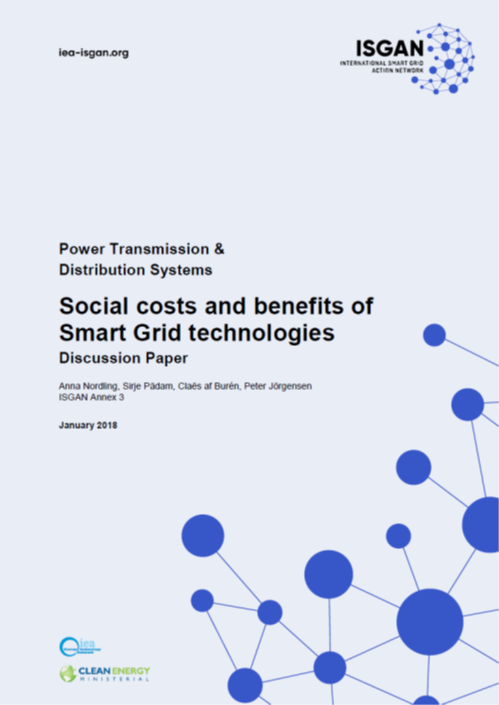
This Discussion Paper maps and reviews existing literature about costs and benefits of smart grid projects and identifies gaps in current guidance. The report also includes an analysis of how network regulation affects costs and benefits of smart grid technologies. The report allows selecting models/methods to be used by the Swedish Smart Grid Forum in order to assess different smart grid projects and applications. It also provides input for further work on the topic of decision making for smart grid technologies.
MC-CBA toolkit: model and case study
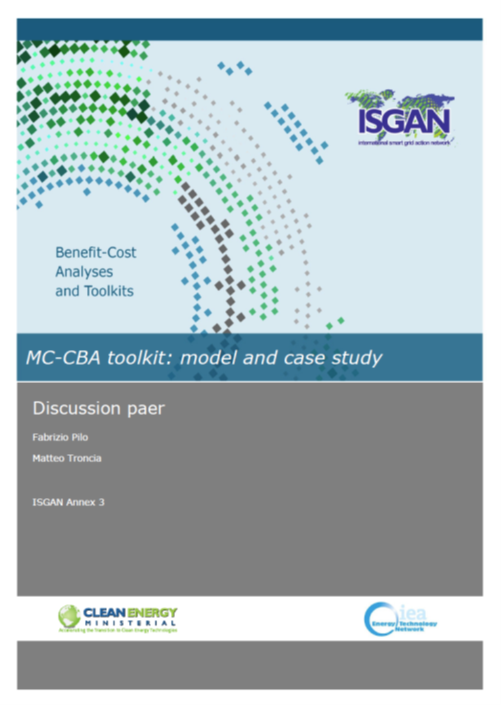
In this document the mathematical model of the MC-CBA framework is described. This framework is exploited by original software, the MC-CBA toolkit. This software integrates the CBA within an MCA process. The MC-CBA toolkit allows for an output-based assessment of the alternatives based on an automated comparison procedure. To describe the features of the MC-CBA toolkit, a case study related to the project selection among different smart grid development plans is presented.
Asymmetric benefits of smart grids
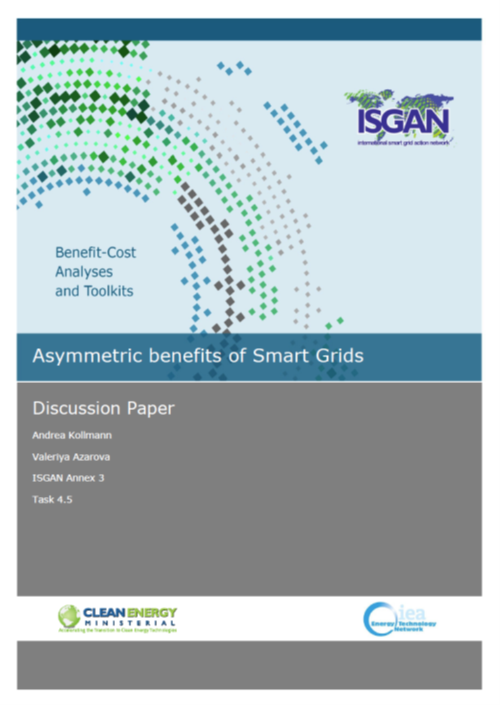
The Discussion Paper focuses on an analysis of the distribution of costs and benefits primarily in relation to decentralized electricity consumption on the residential level. The aim is to discuss whether social imbalances are induced by shifting the burdens of financing the grid towards lower income classes. Such imbalances may be aggravated by the tendency to go off grid, thereby challenging current cost recovery schemes.
Multicriterial decision making: the smart metering case

Since smart grids impacts require new assessment approaches, this report aims at contributing on the debate about the evaluation of costs and benefits of smart grid projects. In particular, the evaluation approach which combines the Multi-Criteria Analysis (MCA) and the Cost-Benefit Analysis (CBA) is employed for evaluating a smart metering infrastructure case study.
Cost and Benefit Analysis and Toolkits

The objective of ISGAN’s Annex 3 is to develop a global framework and related analyses that can identify, define, and quantify in a standardized way the benefits which can be realized from the demonstration and deployment of smart grids technologies and related practices in electricity systems.
Combined MC-CBA methodology for decision making on smart grids
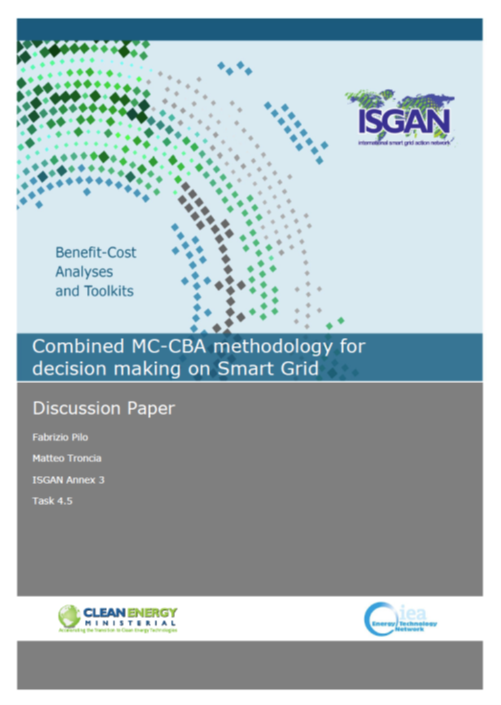
The Discussion Paper analyses the weaknesses of the CBA and investigates the MCA approach. With the aim to outclass the CBA shortcomings, this discussion paper proposes to integrate the CBA into an MCA assessment framework. The proposed approach preserves the strengths of both CBA and MCA and identifies the best alternative according to its monetary and non-monetary performances. The MC-CBA methodology helps the decision maker identify the best Smart Grid investment option; the final aim is to provide a reliable support tool for orienting effectively the investments and the regulatory policies on Smart Grids.

